COURSE OVERVIEW
RE0640(SE2) : Condition Based Monitoring & Maintenance
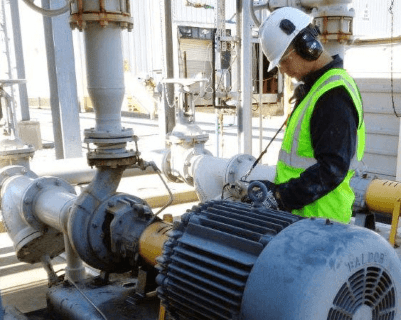
OVERVIEW
| COURSE TITLE | : | RE0640(SE2) : Condition Based Monitoring & Maintenance |
| COURSE DATE | : | Aug 05 - Aug 08 2024 |
| DURATION | : | 4 Days |
| INSTRUCTOR | : | Mr. Manuel Dalas |
| VENUE | : | Abu Dhabi, UAE |
| COURSE FEE | : | $ 4500 |
| Request For Course | ||
OTHER SCHEDULED DATES
| Date | : | May 06 - May 09 2024 (4 Days) | Location | : | Al Khobar, KSA | Classroom Fee (US$) | : | $ 4500 | Course Info |
| Date | : | Nov 03 - Nov 06 2024 (4 Days) | Location | : | Dubai, UAE | Classroom Fee (US$) | : | $ 4500 | Course Info |
| Date | : | Feb 23 - Feb 27 2025 (5 Days) | Location | : | Doha, Qatar | Classroom Fee (US$) | : | $ 6000 | Course Info |
| Date | : | Jun 15 - Jun 19 2025 (5 Days) | Location | : | Al Khobar, KSA | Classroom Fee (US$) | : | $ 5500 | Course Info |
| Date | : | Oct 06 - Oct 10 2025 (5 Days) | Location | : | Abu Dhabi, UAE | Classroom Fee (US$) | : | $ 5500 | Course Info |
| Date | : | Dec 21 - Dec 25 2025 (5 Days) | Location | : | Dubai, UAE | Classroom Fee (US$) | : | $ 5500 | Course Info |
Course Description
This practical and highly-interactive course includes practical sessions and exercises. Theory learnt will be applied using our state-of-the-art simulators. Modern process industries are seeking to maximize the value of their existing assets by leveraging new technologies to optimize operations and maintenance activities. One of the most successful maintenance strategies is a conditioned-based approach which utilizes data collected from periodic inspections, testing and predictive maintenance technologies to determine the optimum maintenance requirements. Contrary to the traditional time-based maintenance approach, Condition Based Maintenance (CBM) is a process, which utilizes monitoring and diagnostic data to drive the maintenance decision process. Condition Based Monitoring (CBM) of power plants can help reduce downtime, increase the safety of plant operations and provide an accurate indicator of impending faults. This can lead to better planned maintenance shutdowns, the avoidance of unplanned shutdowns and a reduction in cost.Almost any equipment, be it electrical, hydraulic, mechanical, or thermal, generates characteristic signals or signature during optimal performance. A change in this signal, even if marginal, could be an early warning regarding potential equipment failure. The practice of condition-based monitoring and maintenance can be an invaluable tool in improving maintenance efficiency, safety and equipment use. With the proper skills and equipment, plant maintenance technicians not only detect problems before they result in a major machine malfunction or breakdown, but they also perform root cause failure analysis to prevent problems from recurring. Highly trained condition monitoring technicians can have a significant impact on a plant?s bottom line profitability. This course is designed to provide an insight into Condition Based Monitoring (CBM). It will cover the various methods of maintenance and it will give the participant an introduction to the techniques utilized in Condition Based Monitoring such as Noise & Vibration Measurement, Infrared Thermography, Oil Debris Analysis, Laser Alignment and Balancing. Following this course participants will understand the place of condition monitoring in the maintenance process and will appreciate the implications for maintenance cost saving and improved machine reliability. They will be able to assess plant for the most appropriate monitoring parameter, will learn of the various specialist instruments and methods, be able to plan a monitoring programme and set up measurement rounds. The course will introduce participants to the dynamic behaviour of machines and discuss appropriate fault detection and diagnostic criteria and schemes for various applications. It will address the more popular techniques which employ dynamic data analysis, including vibration and acoustic emission signals for the recognition of early life failures in machines. Emphasis will be placed on the practical application of tools to identify a wide range of mechanical, electrical and lubrication flaws in machinery and an objective approach to the optimum choice of analysis procedure.
TRAINING METHODOLOGY
This interactive training course includes the following training methodologies:
LecturesWorkshops & Work Presentations
Case Studies & Practical Exercises
Videos, Software & Simulators
In an unlikely event, the course instructor may modify the above training methodology for technical reasons.
VIRTUAL TRAINING (IF APPLICABLE)
If this course is delivered online as a Virtual Training, the following limitations will be applicable:
| Certificates | : | Only soft copy certificates will be issued |
| Training Materials | : | Only soft copy materials will be issued |
| Training Methodology | : | 80% theory, 20% practical |
| Training Program | : | 4 hours per day, from 09:30 to 13:30 |
RELATED COURSES
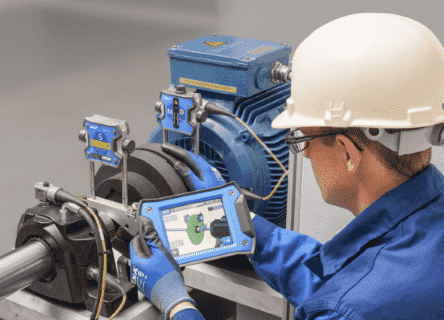
RE0190 : Practical Machinery Vibration Monitoring, Analysis & Predictive Maintenance: Vibration Techniques
- Date: Jan 05 - Jan 09 / 3 Days
- Location: Dubai, UAE
- Course Details Register
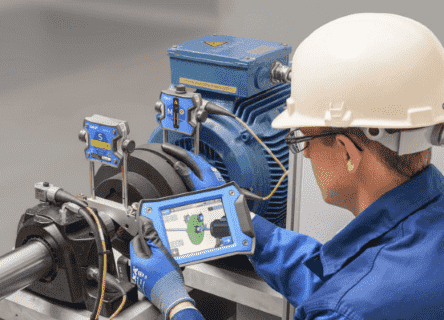
RE0190 : Practical Machinery Vibration Monitoring, Analysis & Predictive Maintenance: Vibration Techniques
- Date: Jan 05 - Jan 09 / 3 Days
- Location: Dubai, UAE
- Course Details Register
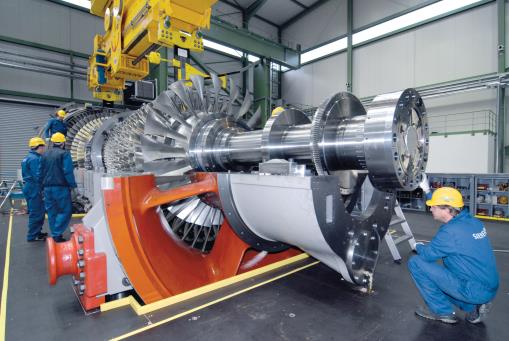
RE0096 : Advanced Inspection & Performance Evaluation of Rotating Equipment including Turbine Maintenance
- Date: Jan 05 - Jan 09 / 3 Days
- Location: Dubai, UAE
- Course Details Register
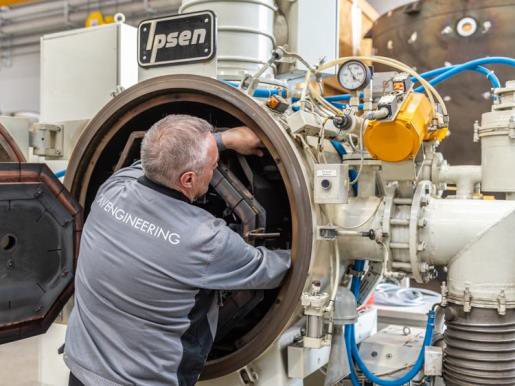
RE0225 : Certified Maintenance Planner (CMP)
- Date: Jan 05 - Jan 09 / 3 Days
- Location: Dubai, UAE
- Course Details Register
